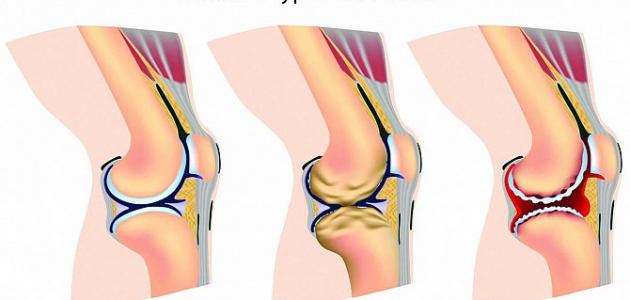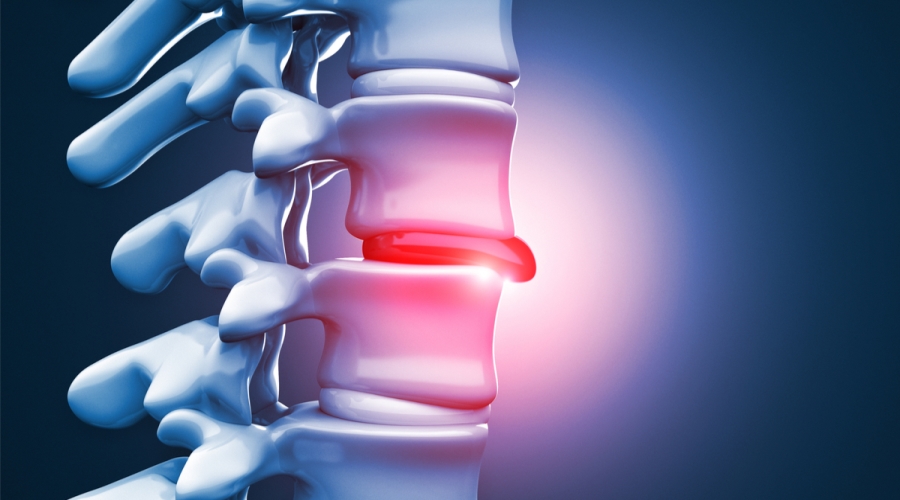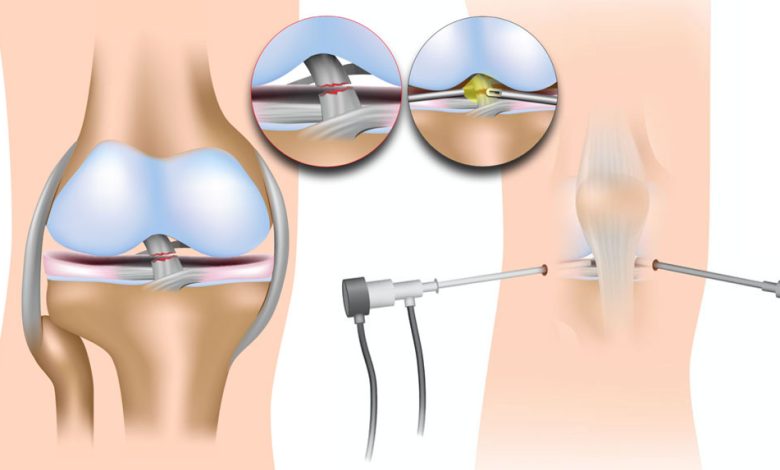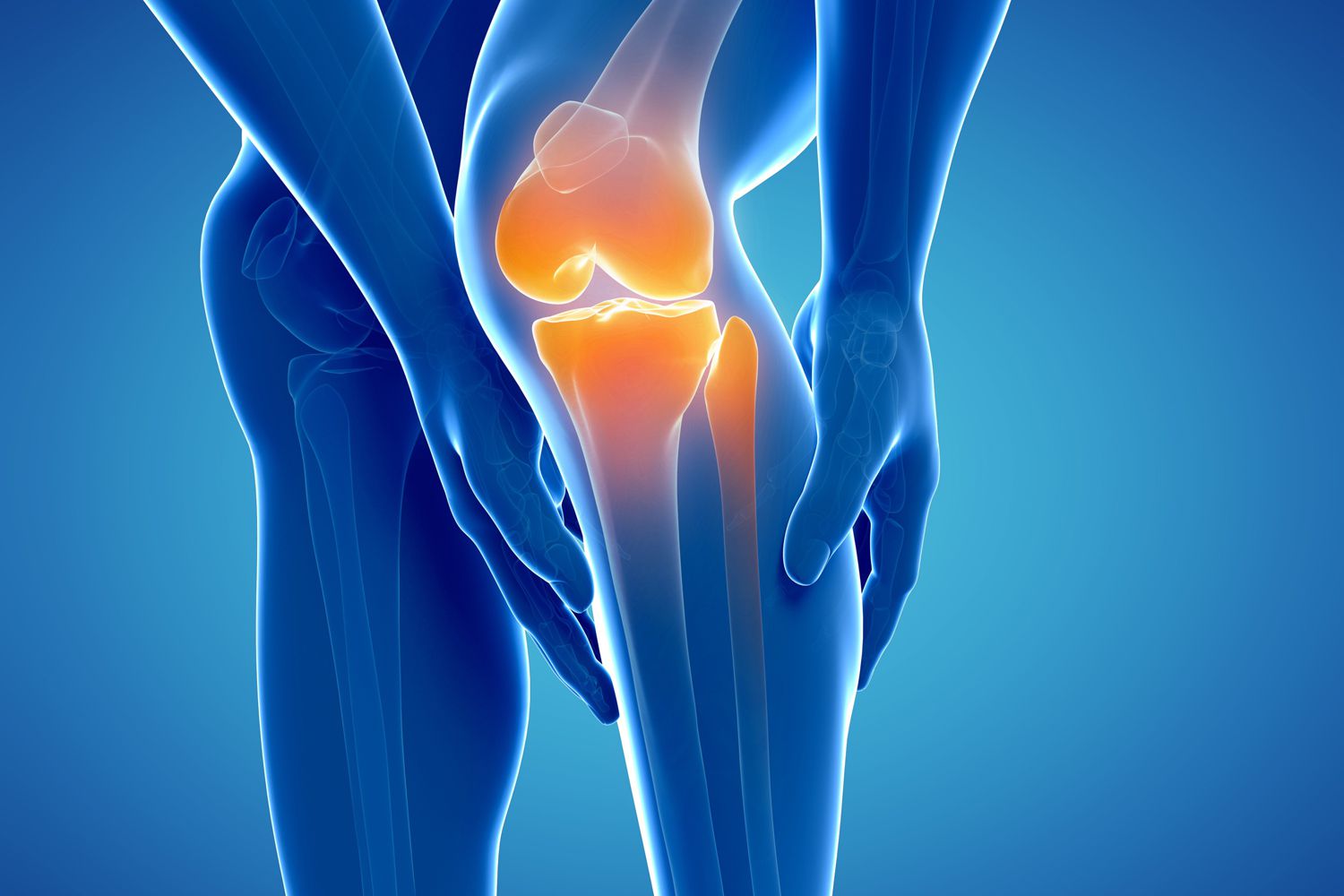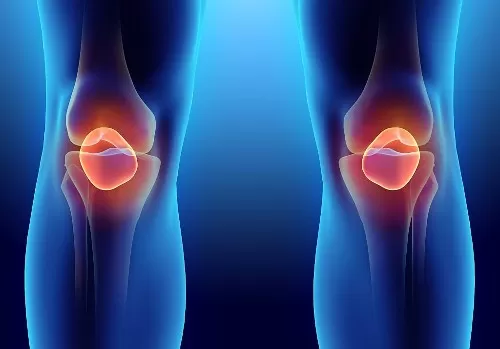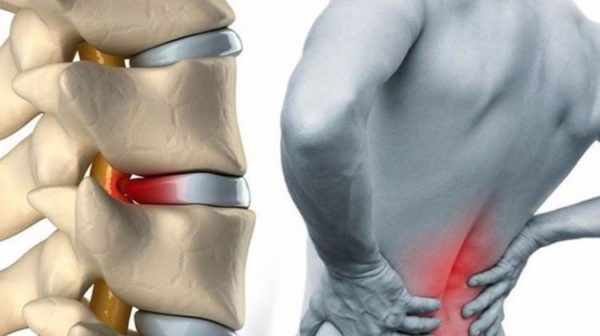How is shoulder tendonitis treated, and is shoulder tendonitis a chronic condition?
Treatment of Shoulder Tendonitis
There are several ways to treat shoulder tendonitis, and the treatment method depends on the severity of the tendon condition. Here are some home treatments that can be used to relieve pain and improve the shoulder’s condition:
- Ice Application: Placing an ice pack or ice wrap on the affected shoulder area for 15-20 minutes several times a day can help reduce inflammation and alleviate pain.
- Gentle Exercises: Performing gentle exercises to strengthen the muscles around the shoulder can be beneficial. Consult a physician or physical therapist to learn the appropriate exercises.
- Avoiding Forceful Movements: It’s essential to avoid forceful movements or excessive shoulder motion. Supportive aids like pillows can be used to reduce tension on the shoulder.
- Rest and Relaxation: Provide periods of rest and relaxation for the shoulder to allow the tendons to recover. Soft pillows can be used to support the shoulder during sleep.
- Taking Mild Pain Relievers: Over-the-counter pain relievers like aspirin or acetaminophen can be taken to alleviate pain associated with tendon inflammation.
However, it’s essential to consult a doctor if the pain continues or the shoulder’s condition deteriorates. The doctor can prescribe necessary treatments such as oral anti-inflammatories or topical creams to help relieve pain and irritation. More severe cases may require medical or surgical intervention to reduce pain and restore normal shoulder function.
Is Recovery from Shoulder Tendonitis Possible?
Shoulder tendonitis, characterized by pain and stiffness in the shoulder, is a common condition. The treatment aims to alleviate pain, reduce irritation, and includes self-care, medical treatment, physical therapy, and occupational therapy.
In the early stages of shoulder tendonitis with mild and less noticeable symptoms, patients may not seek treatment immediately. However, effective treatment can help control shoulder tendonitis and alleviate pain.
Most cases of shoulder tendonitis, especially when symptoms are mild and less noticeable, can be treated with medications and medical treatments. Physical and occupational therapy can also be used to strengthen the shoulder muscles and reduce inflammation. Cortisone injections may be administered to relieve pain and inflammation.
Common symptoms of shoulder tendonitis include mild pain during activity, pain in the rotator cuff area, stiffness, and reduced range of motion. These symptoms may vary depending on the main cause of inflammation.
However, corticosteroids are not recommended for treating tendonitis that persists for more than three months. In cases of tendonitis without tearing or rupture, treatment with medications, medical treatment, and physical and occupational therapy is recommended.
In summary, recovery from shoulder tendonitis is possible through appropriate treatment and proper self-care. Consult a doctor to diagnose tendonitis and determine the suitable treatment to alleviate pain, reduce irritation, and promote healing.
What Are the Symptoms of Shoulder Tendonitis?
Swelling and Stiffness: Swelling and stiffness are prominent symptoms that can accompany shoulder tendonitis. Inflammation causes fluid buildup in the joint, leading to swelling and puffiness in the affected area. Patients may also experience difficulty in shoulder movement due to congestion and swelling.
Limited Range of Motion: Individuals with shoulder tendonitis often experience difficulty in moving the shoulder and arm naturally. They may feel restrictions and stiffness in movement, especially when attempting to raise or move the arm. This sensation can be painful and uncomfortable for the patient.
Pain: Pain is a primary symptom of shoulder tendonitis. Patients may feel constant or intermittent pain in the affected area, and the pain may worsen when attempting to move the shoulder or arm. Patients may describe the pain as sharp or bothersome, and it may also radiate to other areas such as the chest and back.
Sensitivity and Crepitus: Patients may feel sensitivity in the affected joint, where touch can be painful and tender. They may also notice crepitus or crackling when moving the shoulder, indicating tendon damage or inflammation of the tendon sheath.
General Symptoms: Shoulder tendonitis may be accompanied by some general symptoms such as an elevated body temperature. Patients may also experience slight pain when moving the shoulder, and the pain may increase after a period of rest or following exercise.
In conclusion, the symptoms of shoulder tendonitis should be taken seriously, as they may indicate an underlying health issue that requires care and treatment from a specialized physician. It is advisable to consult a doctor if the symptoms persist or worsen over time.
Is Massage Beneficial for Shoulder Tendonitis?
Massage is a common technique used by individuals to relax and alleviate pain in various conditions, including shoulder tendonitis. However, is massage truly beneficial for treating shoulder tendonitis? Let’s take a look at this topic in the following list:
Pain Relief: Massage is one of the effective methods for relieving the pain associated with shoulder tendonitis. Proper massage can help reduce tension and tightness in the muscles surrounding the inflamed tendons, reducing pressure on nerves and leading to pain relief.
Swelling Reduction: Many patients with shoulder tendonitis experience swelling in the affected area. Proper massage can help increase blood flow and lymphatic fluid circulation in the area, reducing swelling and contributing to the healing process.
Improving Blood Circulation: Massage is considered an optimal method for improving blood circulation in the body. Properly massaging the inflamed tendons can increase blood flow to the affected area, promoting the supply of necessary nutrients for healing.
Muscle Relaxation: Many patients with shoulder tendonitis suffer from muscle spasms and tension in the muscles surrounding the affected area. Proper massage can help alleviate this tension and tightness, improving muscle flexibility and releasing limited motion.
Enhancing the Patient’s Overall Condition: Massage is a soothing and relaxing technique for the body and mind. It can help reduce nervous tension and anxiety associated with the injury, improving the patient’s overall condition and increasing their comfort and relaxation.
In summary, massage can be considered a beneficial option for treating shoulder tendonitis. However, massage should only be performed by a licensed and specialized therapist, as they possess the necessary skills and knowledge to provide safe and effective massage therapy. Additionally, it is advisable to consult the treating physician before starting any massage therapy to ensure it is suitable for the patient’s condition.
How Do I Know If My Shoulder Tendon Is Torn?
Severe Pain: If you are experiencing severe pain in your shoulder area, this could be indicative of a torn shoulder tendon. The pain may be continuous or worsen when attempting to move or use the shoulder.
Loss of Range of Motion: If you find it difficult to move your shoulder naturally or feel restrictions in your movement, it may be a result of a torn shoulder tendon. Movement may be limited or painful.
Loud Sound: You may feel a loud pop or sudden snapping sensation in the shoulder while performing a specific activity. If you experience this sensation, it may indicate a torn shoulder tendon.
Decreased Strength: If you feel weakness in the affected arm or have difficulty performing simple daily movements, such as lifting light objects, it could be due to a torn shoulder tendon.
Swelling and Bruising: A torn shoulder tendon may be accompanied by swelling and bruising in the affected area. If you notice these symptoms, there may be an injury to the shoulder tendon.
If you suspect that your shoulder tendon has been torn, it is essential to consult a doctor for a precise diagnosis. The doctor may conduct necessary tests, such as X-rays or magnetic resonance imaging (MRI), to determine the extent of the injury and recommend appropriate treatment steps.
It’s worth noting that in the case of a torn shoulder tendon, surgical treatment may be necessary in some cases. This depends on the severity of the injury and its impact on the patient’s life. You should follow the doctor’s instructions and necessary treatment to ensure proper recovery and the restoration of normal shoulder mobility.
What Vitamin Strengthens Shoulder Tendons?
The vitamin that strengthens shoulder tendons is Vitamin A. Vitamin A contains a high amount of collagen, which contributes to strengthening connective tissues, including tendons and ligaments. Collagen is an essential component of the structural framework of connective tissues in the body, including the tendons that connect muscles to bones in the shoulder. Therefore, Vitamin A enhances the health and strength of shoulder tendons.
In addition to collagen, Vitamin A also contains bromelain, an enzyme that helps fight inflammation and supports the immune system. Inflammation of the tendons in the shoulder is a common issue that can cause pain and irritation. Therefore, the bromelain found in Vitamin A can help alleviate pain and reduce the irritation associated with shoulder tendonitis.
In addition to Vitamin A, Vitamin C can also be beneficial in strengthening shoulder tendons. Besides its role in preventing or delaying muscle soreness from exercise, Vitamin C also enhances the function of some immune cells to help strengthen the immune system. Therefore, including Vitamin C in a balanced diet can promote the health and strength of tendons in the shoulder.
In addition to vitamins, some other foods can play a role in strengthening shoulder tendons. For example, broccoli contains a compound called sulforaphane, which studies have shown can slow the progression of osteoporosis. It is also rich in vitamins C and K and calcium, which promote bone health and, consequently, strengthen shoulder tendons.
In summary, Vitamin A is the vitamin that strengthens shoulder tendons due to its high collagen content. Collagen is essential for maintaining the integrity of connective tissues, including tendons. Additionally, Vitamin C, bromelain, and certain foods like broccoli can also contribute to the strength and health of shoulder tendons.
Is Shoulder Tendonitis Serious?
Here is a list that answers this important question:
Initial Symptoms: In the early stages of shoulder tendonitis, symptoms may be mild and not very noticeable. Initial symptoms may include a slight pain with activity.
Possible Causes: Several medical conditions can lead to shoulder tendonitis, including arthritis, diabetes, muscle and bone disorders, skin conditions, and glandular problems.
Impact on Mobility: Shoulder tendonitis can cause severe pain and difficulty in moving the shoulder. This can affect the ability to perform daily activities normally.
Early Diagnosis: It is essential to detect shoulder tendonitis early and initiate appropriate treatment. This may require a medical consultation and diagnostic tests such as X-rays or magnetic resonance imaging (MRI).
Appropriate Treatment: With proper treatment, shoulder tendonitis can be managed, and symptoms can be relieved. Treatment may include pain relievers, non-steroidal anti-inflammatory drugs (NSAIDs), and physical therapy to strengthen the muscles around the shoulder.
Preventing Shoulder Tendonitis: Some preventive measures can be taken to reduce the risk of developing shoulder tendonitis, such as proper exercise techniques and avoiding heavy loads on the shoulders.
Serious Cases: Although shoulder tendonitis is usually not serious, it may occur in some rare cases. Tendon tears or shoulder damage may require surgical intervention.
Medical Consultation: In case of symptoms indicating shoulder tendonitis, it is necessary to consult a specialized doctor for an accurate diagnosis and appropriate treatment.
In conclusion, shoulder tendonitis is not necessarily serious, and it can be effectively managed and treated with appropriate care. However, early detection and medical consultation are crucial to prevent worsening of the condition and avoid potential complications.
Does Hot Water Treat Shoulder Tendonitis?
In the following paragraphs, we will explore whether hot water can treat shoulder tendonitis. We will discuss the potential benefits of using hot water topically in the treatment of this painful condition. Shoulder tendonitis is a common condition that affects many individuals, and therapeutic interventions may be necessary to alleviate pain and improve the overall well-being of the patient.
Pain Relief: The topical use of hot water is one of the conventional methods to relieve pain in cases of tendonitis. Hot compresses can be used to warm the affected area and reduce chronic pain. The application of heat can also be an effective way to alleviate pain and improve blood circulation in the affected area.
Improvement in Range of Motion: Hot water can help improve the range of motion in the affected shoulder. When the shoulder is inflamed, it can become stiff, and its range of motion can be reduced. Hot compresses can be used to dilate blood vessels and improve blood flow, helping to alleviate stiffness and improve shoulder mobility.
Reduction of Inflammation and Swelling: Inflammation and swelling are common symptoms of shoulder tendonitis. Hot water can help reduce inflammation and swelling by increasing blood flow to the affected area. Placing a hot water bag on the shoulder for a short period can achieve this goal.
Enhanced Overall Comfort: Relaxing in hot water can help improve the overall comfort of an individual suffering from shoulder tendonitis. Hot compresses can be used as part of a comprehensive therapy session that includes stretching exercises and massage to achieve the best results.
Despite the potential benefits of using hot water topically in the treatment of shoulder tendonitis, it is essential to note that excessive heat or hot compresses should not be used for extended periods without consulting a physician. Heat therapy may not be suitable for some complex cases or for individuals with specific health conditions.
The topical use of hot water can be effective in treating shoulder tendonitis, relieving pain, and improving mobility. However, consultation with a physician is necessary before starting any treatment, and it is essential to follow appropriate medical guidance for the best results.
Can Cupping Therapy Treat Shoulder Tendonitis?
Cupping therapy is a part of traditional alternative medicine used for relaxation and detoxification of the body. Its effectiveness has been demonstrated in the treatment of tendonitis, sprains, and stiffness. The use of cupping therapy in treating shoulder tendonitis dates back to a long time, with some people believing that it can help alleviate pain and improve joint mobility.
The suction force generated by cupping works to cleanse the inflamed area and stimulate blood flow to the affected region. Through deep and satisfying massage performed by the silicone cups used in cupping, pain can be alleviated, and the condition of tendonitis in the shoulder can be improved. Some studies have shown that cupping therapy can have a positive effect in treating tendonitis.
In the Islamic religion, cupping therapy is considered one of the recommended methods of treatment, as the Prophet Muhammad (peace be upon him) said, “Cupping is the most helpful procedure.” This further supports the idea of using cupping therapy in the treatment of shoulder tendonitis.
However, it should be noted that cupping therapy is not the only available treatment for shoulder tendonitis. There may be other methods, such as conventional medical treatment and physical therapy, that can also help alleviate pain and improve the condition of tendonitis. Therefore, it is advisable to consult with a specialized physician before using cupping therapy or any other treatment method.
In conclusion, cupping therapy can have a positive effect in treating shoulder tendonitis, but it should be used with caution, in consultation with a healthcare professional, and in conjunction with conventional medical treatment.
Is Shoulder Tendonitis Chronic?
Shoulder tendonitis is a condition that occurs when one or more of the tendons in the shoulder become inflamed. While shoulder tendonitis is typically a short-term and temporary condition, it can become chronic in some cases. Chronic tendonitis is a health problem that requires special attention and appropriate treatment.
Here are some possible reasons for the development of chronic shoulder tendonitis:
Improper Treatment: If shoulder tendonitis is not treated correctly from the outset, it can lead to the worsening of inflammation and the development of a chronic condition.
Continuous Strain: If you engage in activities that require frequent and intense use of the shoulder, such as specific sports or office work that involves continuous use of the shoulder, it can lead to ongoing irritation of the tendons and the development of chronic tendonitis.
Recurring Inflammations: If you experience recurring inflammations in the shoulder, it can lead to ongoing irritation of the tendons and the development of chronic tendonitis.
Genetic Factors: Some individuals may be more prone to developing chronic shoulder tendonitis due to genetic factors.
In order to treat chronic shoulder tendonitis, a comprehensive treatment plan should be adopted, including:
- Physical Therapy: Physical therapy can help strengthen the muscles around the shoulder and improve joint mobility, contributing to reducing inflammation and pain.
- Medication: Your doctor may prescribe pain-relieving medications or non-steroidal anti-inflammatory drugs (NSAIDs) to alleviate symptoms and reduce inflammation.
- Local Injections: If tendons do not respond to physical and medicinal treatments, your doctor may administer local injections at the site of tendon inflammation to relieve pain and reduce inflammation.
- Surgery: In cases where the condition deteriorates and does not respond to other treatments, surgery may be the last resort for treating chronic shoulder tendonitis.
It is essential to start treatment for shoulder tendonitis early and follow the appropriate medical advice to prevent it from progressing to a chronic condition. Always remember that consulting with a specialized physician is best for diagnosing the condition and determining the appropriate treatment.
What About Herbal Treatment for Shoulder Tendonitis?
Shoulder tendonitis is a common problem that can occur for various reasons. Traditional medical treatment typically includes the use of medications and physical therapy, but can herbs be used as a natural alternative for treatment? In this exclusive list, we will explore some herbs and natural oils that are said to help alleviate the pain of shoulder tendonitis.
- Turmeric: Turmeric is a well-known spice used in many dishes, but it also contains anti-inflammatory properties. Ground turmeric can be used with food or prepared as a drink with hot water to benefit from its therapeutic properties.
- Ginger: Ginger is a natural herb known for its anti-inflammatory properties and pain relief. Ground ginger can be used in food or consumed as a drink with hot water and a little honey.
- Garlic: Garlic contains compounds that help reduce inflammation and improve blood circulation. Fresh garlic can be included in your diet or prepared as a drink by crushing garlic and mixing it with hot water.
- White Willow Bark Oil: White willow bark oil is considered a natural oil that is said to help relieve shoulder tendonitis pain. Massaging the affected area with a few drops of white willow bark oil can have a pain-relieving effect.
- Other Herbs: There are several other herbs that are said to help treat the pain of shoulder tendonitis, such as comfrey and long turmeric or curcuma, and saffron. These herbs can be used in powdered form or prepared as beverages.
Although using herbs and natural oils may be considered an alternative method of treatment, it is necessary to consult a doctor before using any type of herbs, especially if you are taking other medications or have chronic health conditions. Traditional medical treatment may be more suitable for your condition, so it is recommended to seek medical advice before trying any alternative treatment.


